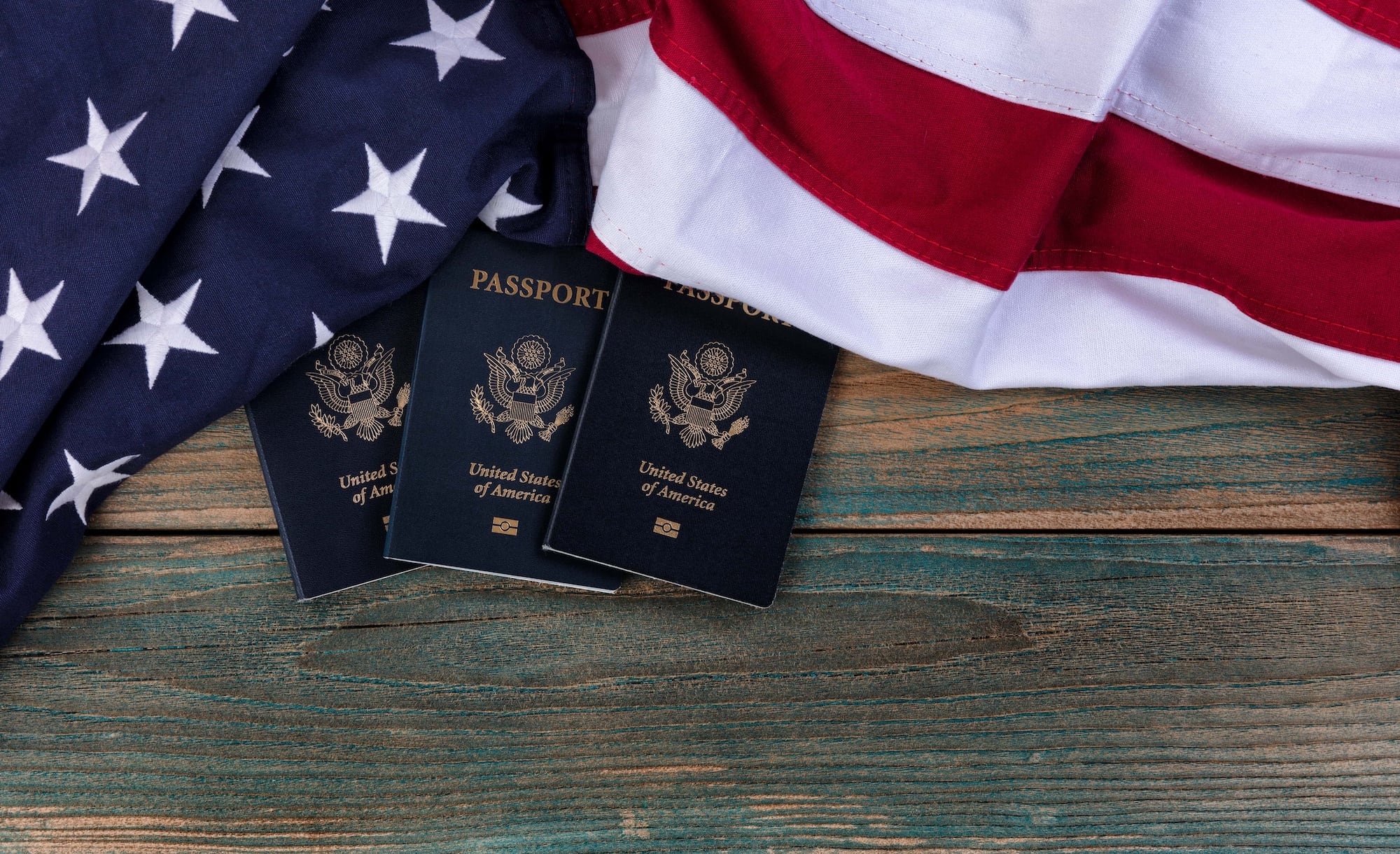If you’re seeking U.S. immigration, it’s wise to understand the vaccination requirements. These rules help protect public health and prevent the spread of diseases. Here’s a clear overview of the vaccination requirements during immigration exams, and some practical tips to help you navigate them:
What Vaccinations Are Required?
U.S. immigration laws require specific vaccinations for those seeking permanent residency. The list includes vaccines that guard against typical and serious diseases. Currently, these are required:
- Mumps
- Measles
- Rubella
- Polio
- Tetanus and Diphtheria Toxoids
- Pertussis
- Haemophilus influenzae type B
- Hepatitis B
- Other diseases that are recommended
Applicants should also make sure they meet age requirements for vaccines. These requirements are set by health authorities, and they may be updated periodically. It is wise to check the latest information when preparing for any immigration steps.
How Are Vaccinations Documented?
A doctor authorized by the United States Citizenship and Immigration Services (USCIS) will perform your medical examination. This exam includes reviewing your vaccination records. During immigration exams, the doctor will ask for proof of the vaccines you’ve received.
To prepare, gather your vaccination records. These could include personal immunization cards, records from your primary care doctor, or documents from childhood. If you don’t have these records, blood tests can determine if you’re immune to certain diseases. If necessary, the doctor can also give any vaccines you still need during the exam. Keeping detailed medical records and being honest with your doctor can help make the process go smoothly.
Will Missing Shots Matter?
Missed vaccinations do not permanently disqualify applicants. During the medical examination, if you are missing any required vaccines, the panel physician will provide the needed doses unless there is a valid reason not to do so. Medical conditions such as severe allergies or pregnancy may exempt someone from certain vaccines.
Some applicants may qualify for waivers. Religious or moral beliefs that prevent accepting vaccines can be grounds for a waiver, but these applications must be submitted and carefully reviewed. Keep in mind, proving your status requires documents and following the proper procedures.
Are There Age Restrictions?
Age-based vaccine recommendations should also be taken into account. Understanding these differences can help prevent confusion, especially when managing medical records for multiple family members. To find specific age-related vaccine requirements, check the official U.S. immigration websites.
How Do I Prepare?
Preparation leads to a smoother experience. A step-by-step approach might include:
- Researching current vaccination lists that apply to U.S. immigration requirements.
- Scheduling a visit with your doctor to review your records and discuss what may still be needed.
- Timing vaccinations appropriately to meet deadlines. Many vaccines require multiple doses spaced weeks apart, so starting ahead of time avoids delays.
Failing to meet requirements could delay your application, so being careful prevents unnecessary stress or setbacks.
Ask About Immigration Exams
Understanding U.S. immigration vaccination requirements can be helpful in the application process. By becoming familiar with the vaccination list, gathering records early, and addressing missed doses, this task becomes manageable. Staying organized and informed makes all the difference when navigating this part of your immigration application. Contact a health professional offering immigration exams.









Leave a Reply